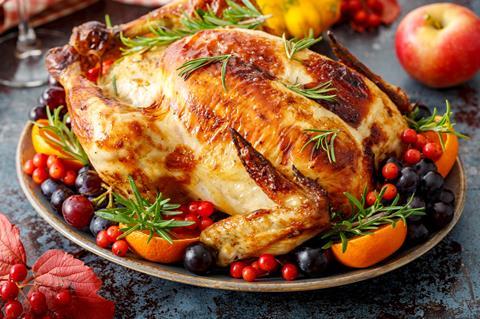
Fewer British-reared turkeys are set to be available in independent retailers and butchers this Christmas due to smaller producers leaving the sector.
Paul Kelly, MD of independent supplier Kelly Turkeys, said there had been a “big shake-up” among smaller, often seasonal producers. Concerns over rising production costs, coupled with ongoing labour issues and the continuing threat of avian flu, had led “several” sizeable producers to walk away, he reported.
This is unlikely to affect the major mults, which have already placed orders with larger processors, said Kelly. But smaller retailers are likely to experience shortages of British birds and an increased reliance on imported Polish turkeys, he warned.
The challenges in the turkey sector are understood to have been exacerbated by a scaling back in production from the likes of Avara Foods, which is planning to close its Abergavenny factory – a key processor of retail turkeys.
Kelly said industry estimates pointed to a 10% reduction in turkey placements over the course of this year.
While it is still too early to determine exact volumes on the market this Christmas, Defra data does already point to a distinct tightening in supply. The number of turkeys slaughtered in April was around 500,000 birds – down 36% year on year.
“A lot of producers were already having big issues with labour, and while the government has given us a Seasonal Worker visa scheme, it is so expensive and bureaucratic that it hasn’t actually turned into the lifeline smaller producers would have hoped for,” Kelly added.
One seasonal worker costs around £1,300 each in visa and listing fees, meaning “in practice it has become a nightmare for the smaller farmer who just needs a few extra staff” for a few weeks, he added.
“Then bird flu was the final straw. That remains a big concern as we all know it hasn’t gone away,” Kelly pointed out.
“We know it will come back, it’s just how big and how bad will it be this year? That’s the question the sector is asking itself. We’re not going to see a vaccine this year, so we will be going into Christmas with the same risks as last Christmas.”
Year-on-year turkey sales volumes fell by 13.2% in the runup to last Christmas [Kantar 4 w/e 25 December 2022], following a spike in bird flu that resulted in the deaths of more than 600,000 festive birds – representing about half the free-range turkeys and geese earmarked for the 2022 Christmas season, the Commons Efra committee heard last November.







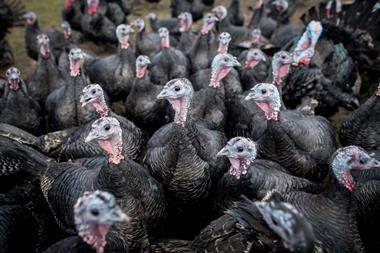
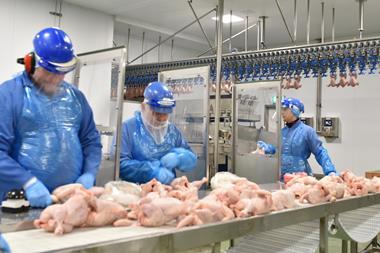
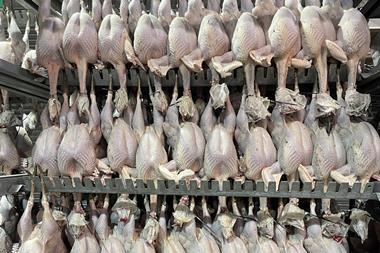
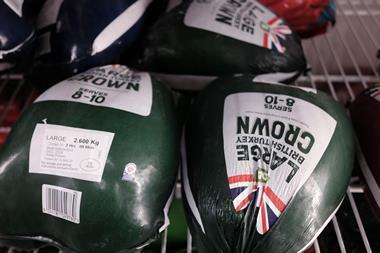
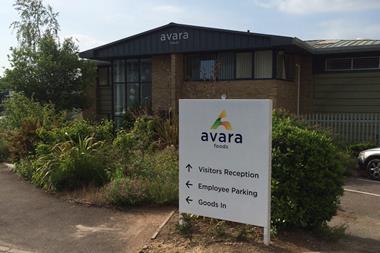
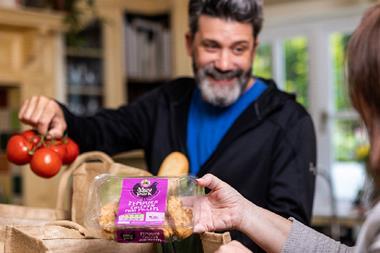





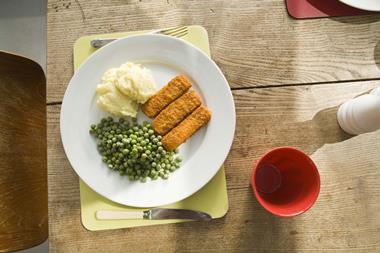
No comments yet